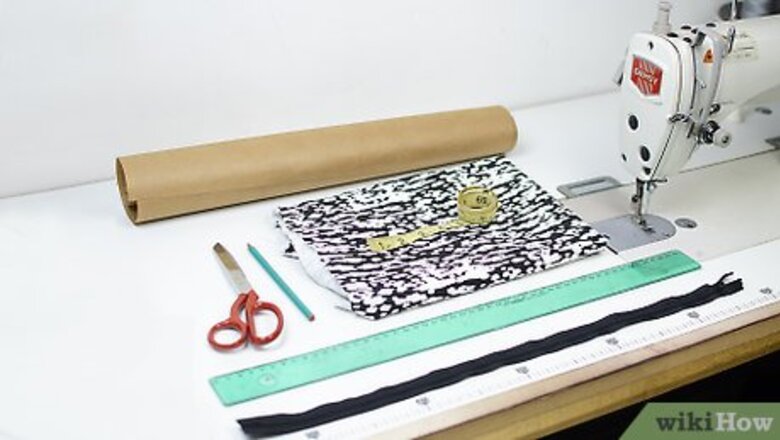
views
Preparing Your Materials
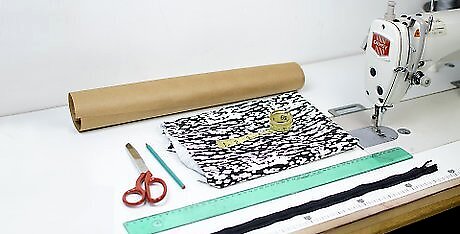
Gather your materials. Here is a list of items you will need: About one yard of fabric Sewing machine or sewing needles and thread Zipper Fabric scissors Clear protractor Ruler Fabric tape measure Paper Pencil
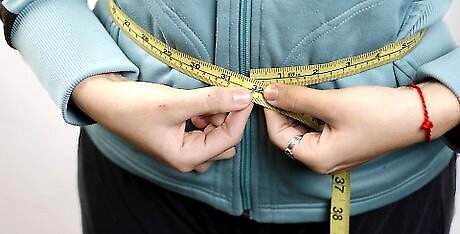
Take your measurements with a fabric tape measure. The trick to a perfect pencil skirt is making sure you have all the right measurements to ensure a good fit. The four main measurements you need are your waist, hip, leg circumference and total length. Your natural waist is the smallest part of your torso. Your hip measurement needs to be taken around the widest part of your butt. Measure around your legs where you want the pencil skirt to end. This can be either just above the knees or right below the knees for a traditional pencil skirt style. Measure the length starting from your natural waist and down to the point you want the skirt to end.
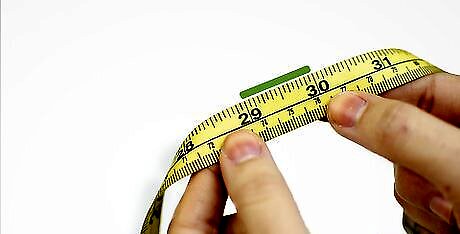
Add extra room in your measurements. While you want to have accurate measurements, you need to add room for the seam allowance and give yourself enough room to walk and sit. A pencil skirt will have three seams that each require 5/8" for the seam allowance. In addition, you will want to add about 1/2" to 3/4" ease at the waistline, and about 2" to 2 3/4" wearing ease at the hips.
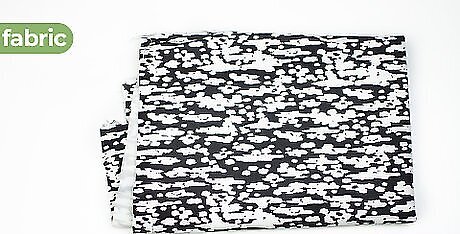
Decide upon the fabric. The fabric is completely up to you. You can choose cotton, wool, polyester, or any material you would like to create your skirt. Just be sure that you understand the washing instructions of each fabric so that you can properly care for your skirt. Inspect the fabric you want to use to see how much give the material has. This will give you a better idea of how it will wear and fit on your body.
Creating Your Pencil Skirt
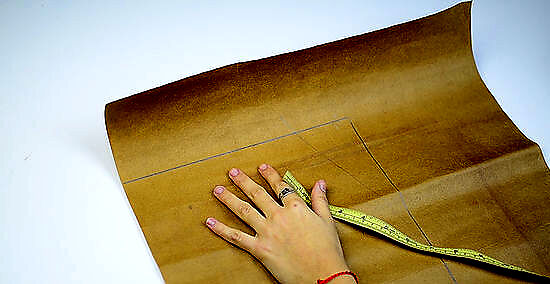
Divide your measurements in half and put them onto the paper. This will help guide the shape of your skirt. Cut out two even pieces for the front and back. Keep the front piece of fabric as one piece, and then cut the back piece in half down the middle. Use a pencil to write out your measurements, and use a ruler to accurately place the measurements.
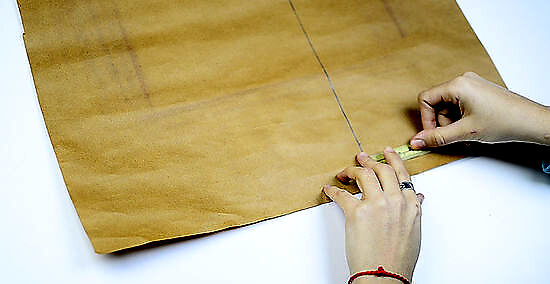
Make the vent. For the back, you will need to add a vent extension to provide you room to move your legs and walk. Add 1 1/4 inches to the bottom back edges of both back pieces where the slit will start and end. At the top of that extension, make a 45 degree angle that cuts up and back. To help you cut evenly, use a clear protractor.
Cut out your measurements. Once you have the proper measurements for the front and back pieces, cut them out, and use them to cut your fabric. Be sure to use sharp fabric scissors.
Sew your back and front pieces together. Turn the fabric inside-out, and then sew about 5/8" inward along the sides of the skirt.
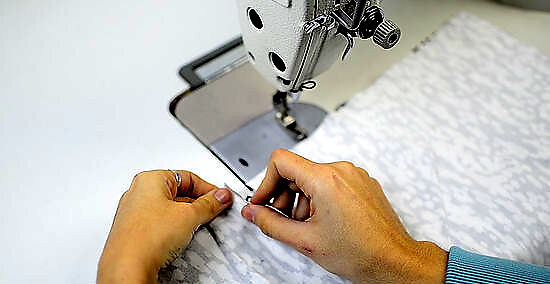
Hem the vent and edges. You can decide to press the center back of the seam above the vent to the left or right side when you begin sewing the seam closed. When you get to the top of your skirt, don't sew it completely closed. Instead, baste the top where the zipper will go by using larger "temporary" stitches that will hold the fabric in place. These stitches can more easily be removed when needed.
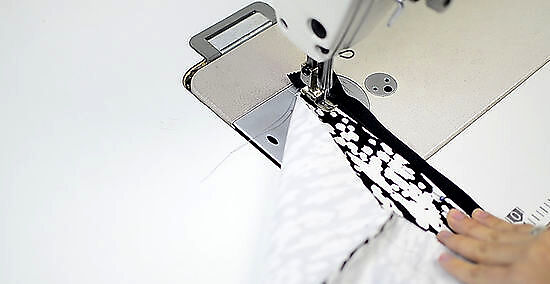
Add a zipper. Most pencil skirts will have a better fit if they have a zipper. Place the zipper at the back of your skirt in the center. Sew on the zipper around the seam while it is still basted closed. After you sew on the zipper, you will be able to remove the larger stitches.
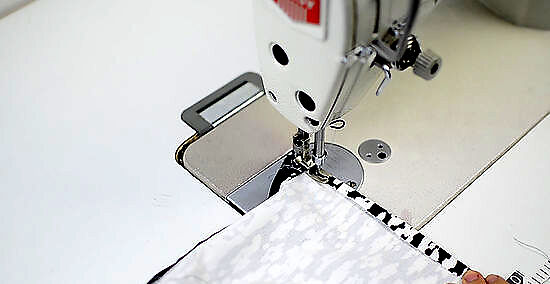
Hem your skirt. Flip the bottom up by about 1", and tuck it inside the fabric so it is hidden. Sew the top of your skirt closed by also tucking it in about 1" inside the fabric. Make sure you do not sew closed your bottom slit or top zipper when finishing the hemlines.
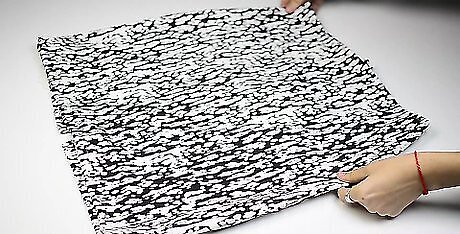
Flip your skirt right-side up. After you are finished, feel free to go back and make adjustments to the length or size if you feel the skirt is too small or too big. It is easy to take a skirt in, but letting a skirt out can be tricky. If you need more room, use a seam ripper to undo your seam lines, and sew closer to the edge.
















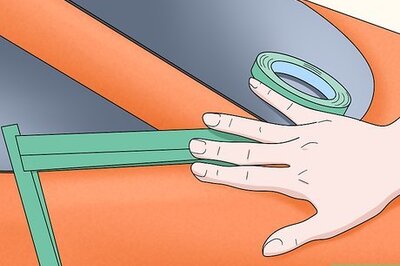


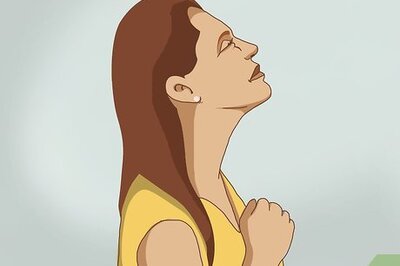
Comments
0 comment